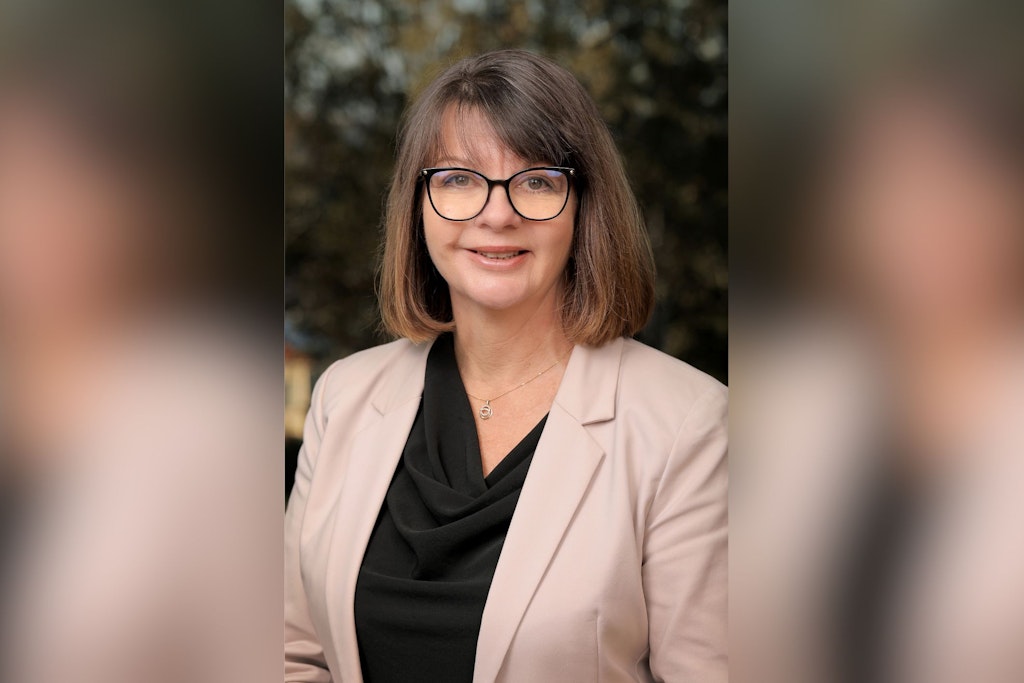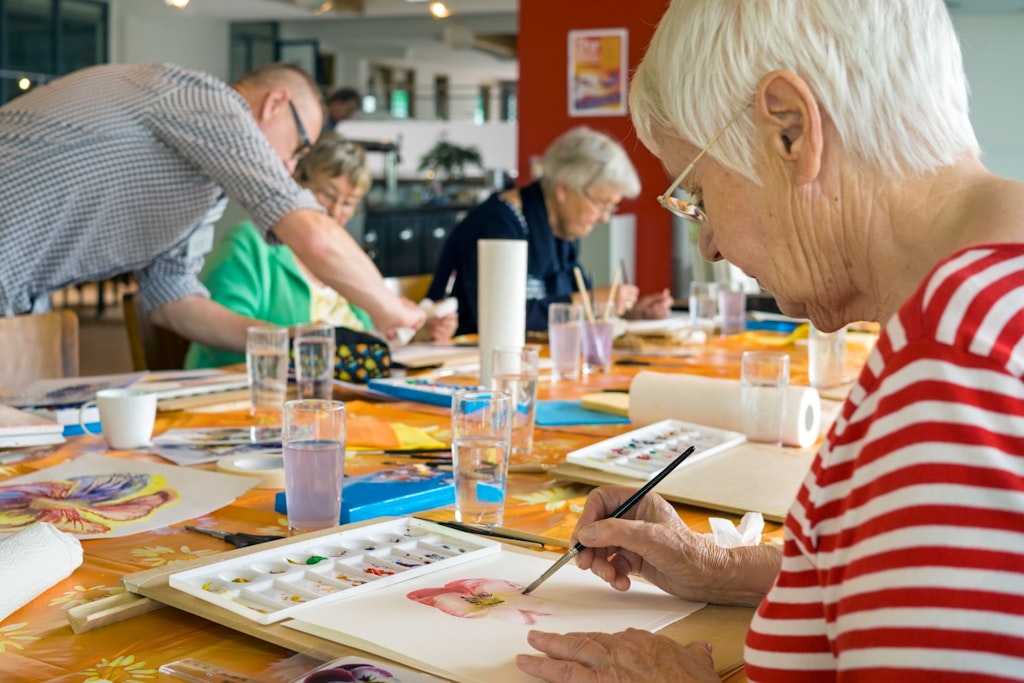How relationships and history are building a dementia-friendly future
Last updated on 22 September 2023

This year, the theme for Dementia Action Week is Act Now for a Dementia-Friendly Future. As part of this, Dementia Australia envisions a future that’s better for everyone in the community with less fear and stigma and more understanding and support.
That approach already inspires aged care leaders and innovators, including Alyson Jarrett, Deputy Chief Executive Officer (CEO) at Whiddon. She is heavily invested in raising awareness for all of their residents and clients with dementia and explained to hello leaders that their relationship based care approach, underpinned by their MyLife model, helps to break down the negative stigma of a diagnosis.
“It’s really important now to raise awareness for our clients and residents who are currently living with dementia. We know over 50% of our residents in our residential aged care homes have a diagnosis of dementia and the impact of that diagnosis is significant for them and for the people that care for them,” Ms Jarrett said.

“Ensuring we support them in their dementia journey in the best possible way is key to what we’re trying to achieve. We know that dementia is growing, close to 400,000 people are living with dementia now and it’s expected to double, so it is essential to ensure the stigma surrounding the dementia diagnosis is broken down.”
Understanding how the past influences the present
Modern approaches to dementia care include a far greater focus on how the past can trigger agitated behaviours. When a resident or home care client experiences heightened confusion over jumbled memories or forgetfulness, staff can benefit from understanding how their history is important.
“In the end, it comes down to really knowing our residents well, building trust and relationships with them and their families, and doing what we can to support them. Then we can avoid those triggers from occurring as much as possible,” Ms Jarrett said.
“If we know about somebody’s career history or past experiences we can see how it might be impacting how they’re behaving now. We know their memory gets jumbled and then things that happened a long time ago seem real now and it can really have disabling effects”
History also plays an important role when devising creative ageing strategies at Whiddon. There is a strong essence of fun to pair with any dementia diagnosis as passion can reignite memories and stimulate cognitive ability.
Whiddon uses a combination of activities and therapies to support residents, including cooking clubs, gardening, art therapy and Chat, Stories & Tea – a group-based therapy where cognitive stimulation is nurtured through socialisation. Each activity is underpinned with the goal of building relationships and acknowledging individual identities.

“Regardless of their ages or the diagnosis they’re living with, quality of life is key to everything we’re aiming for. It’s about ‘we know you had a real passion for doing this previously, let’s reignite that passion and make every moment count’,” Ms Jarrett explained.
“In terms of our Creative Ageing projects, they bring a sense of fun and enjoyment, but they also give a sense of purpose. Social connection is so intrinsically linked to well-being and the opportunity for our residents to connect with each other while they’re participating in those activities is such an important component too.”
Staff learning is always ongoing
As we collectively learn more about dementia, including risk factors and the most effective treatment options, aged care staff are at the forefront of delivering appropriate care and support. But too often they’re working in isolation from the latest research and education tools until they can sit down and listen to a webinar or complete a module.
Ms Jarrett said this has been a common occurrence as staff are often time-poor and under strain due to workforce challenges. There was a clear need for practical, interactive dementia education.
Whiddon is one of seven aged care providers who have adopted a new solution called the Dementia Microlearning Program, an Aged Care Research & Industry Innovation Australia (ARIIA) funded program delivered in partnership with Flinders University. It’s a 12-week course, accessible via an app, offering insights into communication tips, overcoming barriers to care, optimising meal times and encouraging residents to engage with care.
“People learn in very different ways but general research shows if it’s interactive and meaningful to people they’re more likely to learn,” Ms Jarrett said.
“What we’re really excited about is we know this is hitting the mark. Early data shows a high percentage of people find the microlearning process to be really useful and more productive than a longer e-learning module.”
“It looks at the way you respond to questions within the app and then it’ll help you to build your mastery in those different topics. So short, sharp, easily consumed, in-the-moment advice that gives you exactly what you need to learn about when you’re caring for people with dementia.”
Despite just introducing the new microlearning program, there’s no time for rest. Two new research projects are currently underway which could have far-reaching implications for dementia care. One is a rehabilitation/re-ablement program using a multidisciplinary approach with occupational therapists, registered nurses and carers to identify areas that may require more assistance and investment to support people living with cognitive decline.
The other is a deeper look at how a person’s genes influence their reaction to medications (pharmacogenomics). The hope is to discover what medications are best for people living with dementia to avoid triggering responsive behaviours and it could be a major turning point for dementia care.